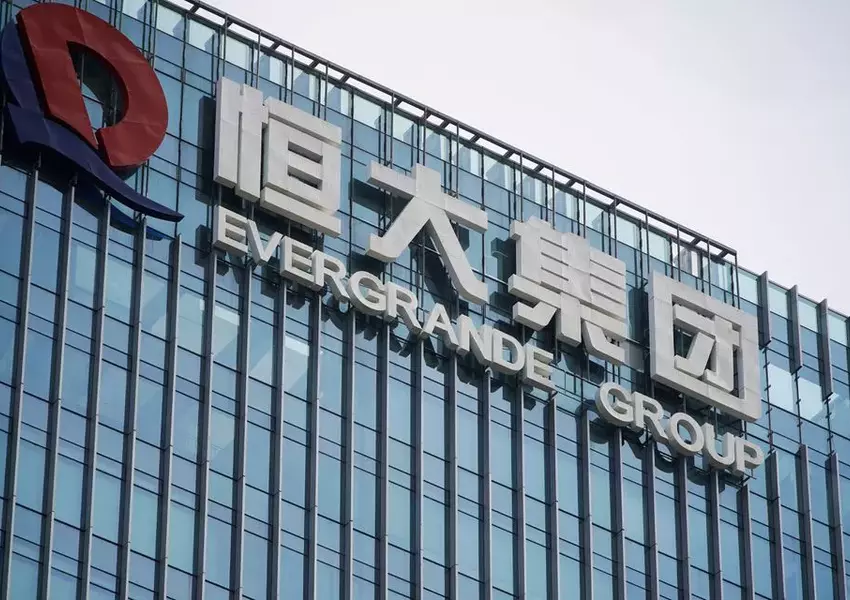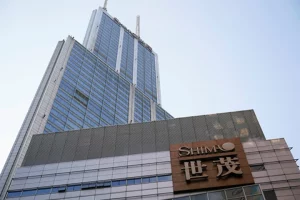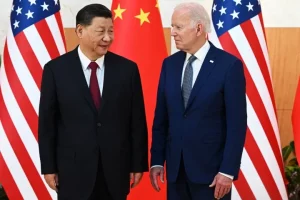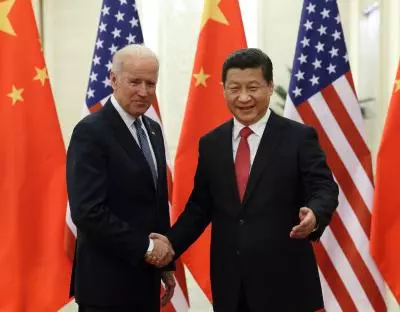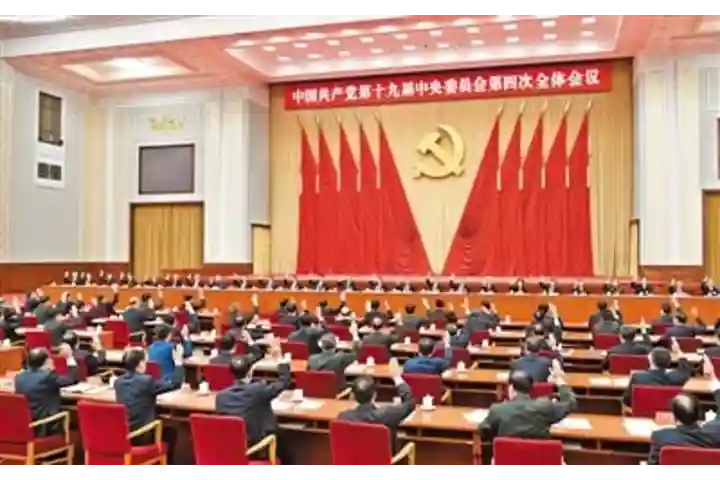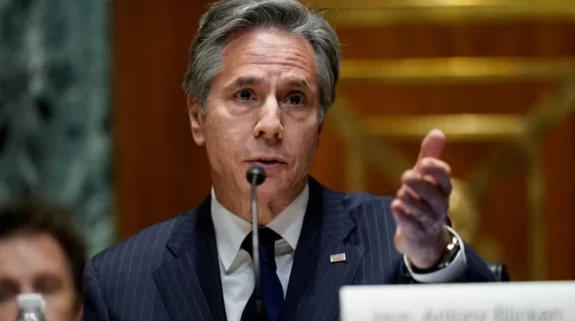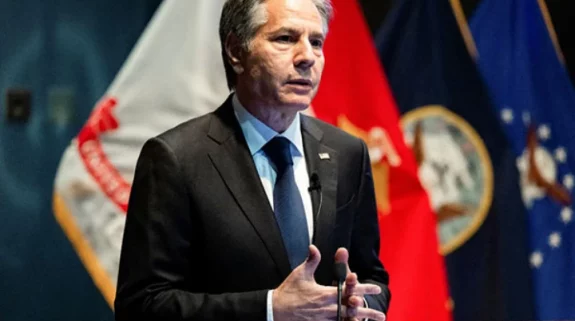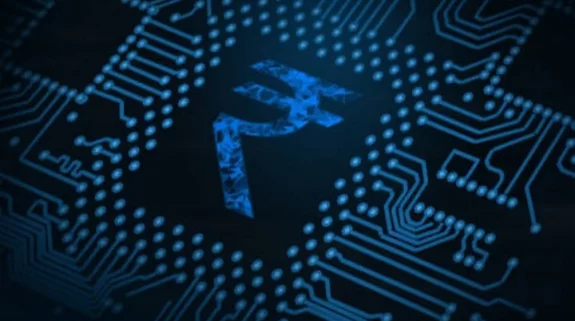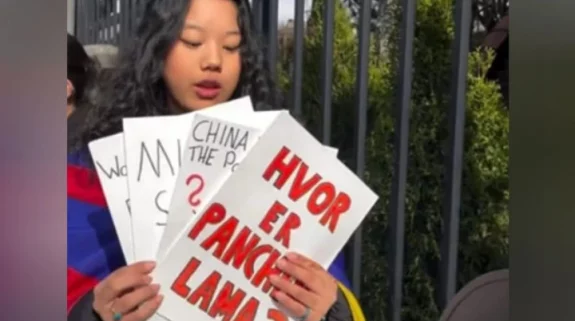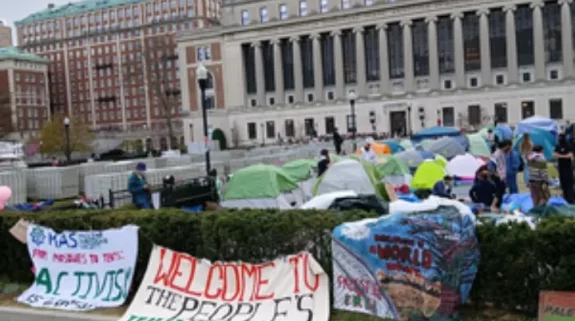Beijing is set to expand its stimulus package amid the deepening economic crisis leading to slowing of growth rate. China, which is expected to set a growth rate target of about 5 per cent for 2024 as well, would need to spend more and create jobs to achieve this.
“We need to adopt expansionary fiscal and monetary policy to stimulate aggregate demand,” Yu Yongding, a government economist advocating for a growth target of about 5 per cent told Reuters. Besides this, Beijing will also have to look into the issue of bad loans that have piled up with banks and other financial institutions.
For the current year too, China set a growth target of 5 per cent.
Even as a few macroeconomic indicators such as retail sales figures and factory output have shown some improvement, the slump in the real estate sector, which accounts for about 30 per cent of the country’s GDP, continues to pose serious challenges.
According to the Diplomat, if the crackdown on China’s real estate market is carried out too quickly and forcefully, it will inevitably trigger a financial crisis and a debt crisis for local governments that have long relied on land financing.
Despite China’s efforts to revive the situation, “muddling through the finances of the debt crisis will not solve its structural causes,” Brookings said in its recent research paper. China is investing too much in unproductive projects and consuming too little, it said, adding that decades of massive infrastructure and real estate investments have exhausted the backlog of high-productivity projects and are now dragging down the economy.
Beijing, which showed reluctance in proving support to the businesses, is now left with little choice.
Needless to note that the economic situation has led to growing discontent against Chinese President Xi Jinping. Voices of dissent are becoming louder even within the Chinese Communist Party.
Though the country is gradually switching gears with a thrust on the new age economy including digital infrastructure to drive growth, the transition could be rough.
In fact, several foreign policy watchers have noted that Xi’s visit to the US – the first in six years– was largely driven by the rising domestic economic challenges. Not only did Xi meet US president Joe Biden, in his address to the American business leaders, he said that the world needs China and the US to work together for a better future. “China is ready to be a partner and friend of the US,” Xi said.
From China’s perspective, this was the main event; the summit with Biden was intended to set the stage for Xi to woo a renewed influx of foreign direct investment from US companies, the Diplomat noted.
Oilprice.com, a website focused on news and developments in the energy sector, quoting a “significant source in the PRC” said that “Xi formally asked the US President to arrange an urgent $900-billion bailout for the communist Chinese economy.” The website said that with growing resistance at home, Xi has now “turned to US Pres. Joe Biden to save him.”
Also read: Have China and the United States achieved a breakthrough during Xi-Biden talks?






